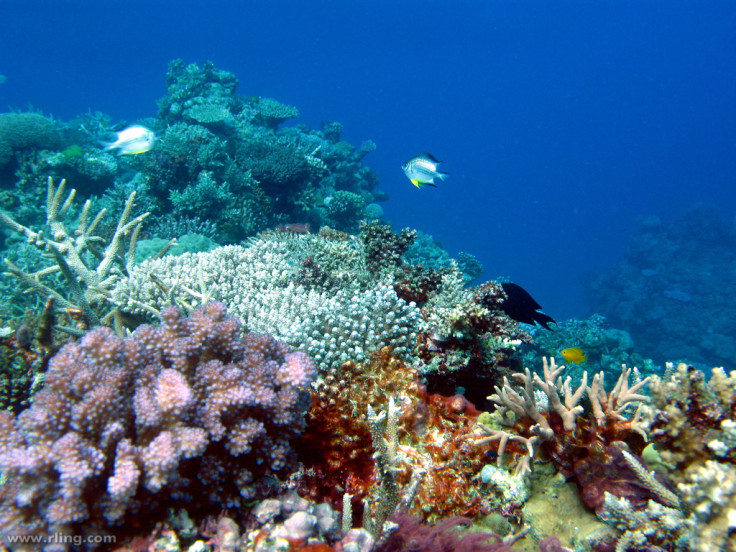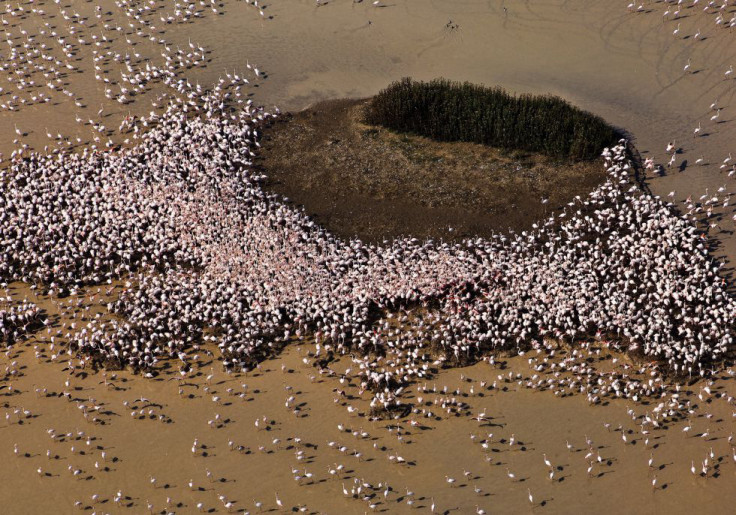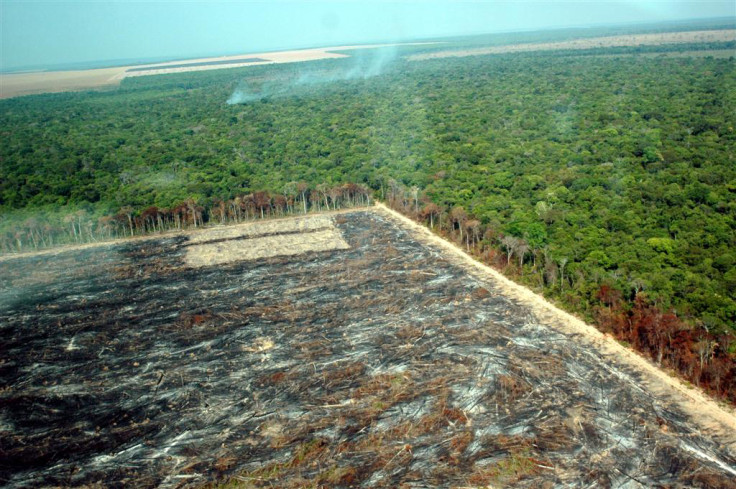Great Barrier Reef an 'unfolding disaster' as World Heritage Site is on brink of collapse

The Great Barrier Reef is an "unfolding disaster", with the Australian government "going backwards" on climate change, an expert has said. In a report published in the journal Science, researchers have said World Heritage sites across the globe are at risk of collapse from climate change because of poor local management.
An international team of researchers looked at how mismanagement problems are affecting World Heritage areas including the Great Barrier Reef, the Amazon rainforest and the Doñana wetlands in southern Spain.
They found that localised issues – such as declining water quality through pollution or deforestation – can increase the effects of climate extremes like droughts. This further reduces the ecosystem's ability to cope with climate change impacts.
The Great Barrier Reef is currently under threat from ocean acidification and coral bleaching, brought about through CO2 emissions. Localised threats such as overfishing, nutrient runoff, and dredging reduces the reef's ability to cope with the bleaching and acidification.
Terry Hughes, director of the Australian Research Council Centre of Excellence for Coral Reef Studies and co-author of the study, said: "It's an unfolding disaster. The reef needs less pollution from agricultural runoff and port dredging, less carbon dioxide emissions from fossil fuels, and less fishing pressure. Ironically, Australia is still planning to develop new coal mines and expand coal ports, despite global efforts to transition quickly towards renewable energy. As a wealthy country, Australia has the capability and responsibility to improve its management of the reef."

The Australian government has been widely criticised over its protection of the reef. The WWF recently criticised authorities for denying the site is facing serious declines in a report to Unesco. The charity said the report portrays the reef as being in good condition, despite evidence suggesting otherwise.
Speaking to IBTimes UK, Hughes said their study shows the interactive effects of climate change with local stressors from pollution and dredging: "The Australian government has gone backwards on climate change, repealing its carbon pricing scheme, and it wants to reduce our current renewable energy target. The government supports the development of huge new coal mines and coal ports along the Great Barrier Reef.
"The most pressing climate change issue for the Great Barrier Reef is rising sea temperatures, which have already caused two destructive episodes of coral bleaching. Bleaching will become more frequent as temperatures continue to rise. In the longer term, more CO2 in the atmosphere will continue to reduce the pH of the ocean, making it harder for corals to grow.

"We need to act now to curb emissions and reduce local pressures. It's certainly not too late to turn around the downward trajectory of the Reef. Nobody wants to see the Great Barrier Reef listed as "in danger" and the obvious way to avoid it is for the Australian government to take real action on climate change, and face the reality that new mega-coal mines and a healthy Reef are incompatible."
The study also showed the negative effects of poor local management on the Amazon rainforest and the Donana wetlands.
In the latter, nutrient runoff from agricultural fertilisers and urban waste water is severely degrading the water quality, causing toxic algal blooms that threaten the ecosystem's biodiversity. A warmer climate would encourage more severe blooms, causing loss of animal and plant life.

Rising temperatures and long dry spells are turning the Amazon into a drier, more fire-prone woodland. Deforestation and canopy damage from logging adds to these problems.
"A combination of bold policy interventions and voluntary agreements has slowed deforestation in the Brazilian Amazon to one fourth of its historical rate. The stage is now set to build on this success by ramping up efforts to tame logging and inhibit fire," says Daniel Nepstad, executive director of Earth Innovation Institute.
Lead author Marten Scheffer, from the Netherlands' Wageningen University, added: "All three examples play a critical role in maintaining global biodiversity. If these systems collapse, it could mean the irreversible extinction of species. Local management options are well understood and not too expensive. So there is really no excuse for countries to let this slip away, especially when it comes to ecosystems that are of vital importance for maintaining global biodiversity."
© Copyright IBTimes 2025. All rights reserved.






















